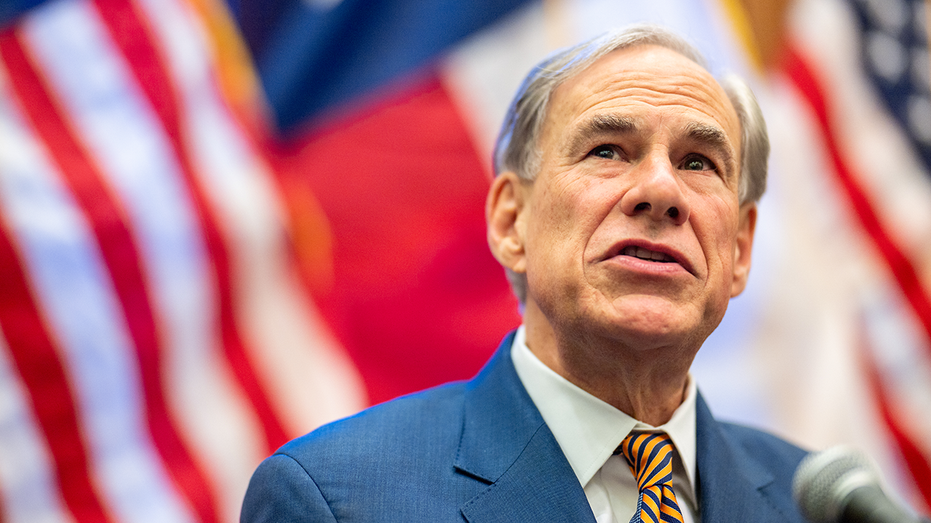The chill of a London March clung to Downing Street as the Chancellor prepared to deliver the Budget. It wasn't just numbers on a page being finalized; it was a blueprint for the coming year, a direct impact on the lives of families across the nation. The air thrummed with anticipation, a nervous energy felt even within the ancient walls of Parliament.
This Budget wasn’t about grand visions, but about navigating a precarious economic landscape. Inflation, stubbornly persistent, cast a long shadow over every calculation. The core challenge wasn’t simply *spending* money, but deciding where cuts would fall, and who would feel the pinch most acutely.
One of the most significant shifts centers on tax thresholds. The freeze, initially intended as a temporary measure, is now projected to pull millions more into higher tax brackets. This isn’t a tax *increase* in name, but the effect on household incomes will be undeniable.

Beyond income tax, the Budget contained subtle but important adjustments to national insurance contributions. While presented as a boost for workers, the long-term implications are complex, potentially impacting future pension entitlements. These are the details often lost in the headlines, but crucial for understanding the full picture.
The Chancellor also addressed the rising cost of living, with targeted support for vulnerable households. However, the scale of this support is dwarfed by the overall economic pressures, leading to concerns that it will be insufficient to prevent a deepening cost-of-living crisis for many.
Behind the scenes, the debates were fierce. Different factions within the government clashed over priorities, with some advocating for tax cuts to stimulate growth, while others prioritized protecting public services. The final document represents a compromise, a delicate balancing act between competing demands.
The impact of the Budget won’t be immediately apparent. It will unfold gradually over the coming months, as families adjust their spending and businesses reassess their investment plans. The true test will be whether it can steer the country towards a more stable economic future, or simply prolong the current period of uncertainty.
What’s particularly striking is the lack of bold, transformative policies. This is a Budget of incremental changes, of managing decline rather than fostering growth. It reflects a government acutely aware of the risks, and hesitant to take any significant gambles.






